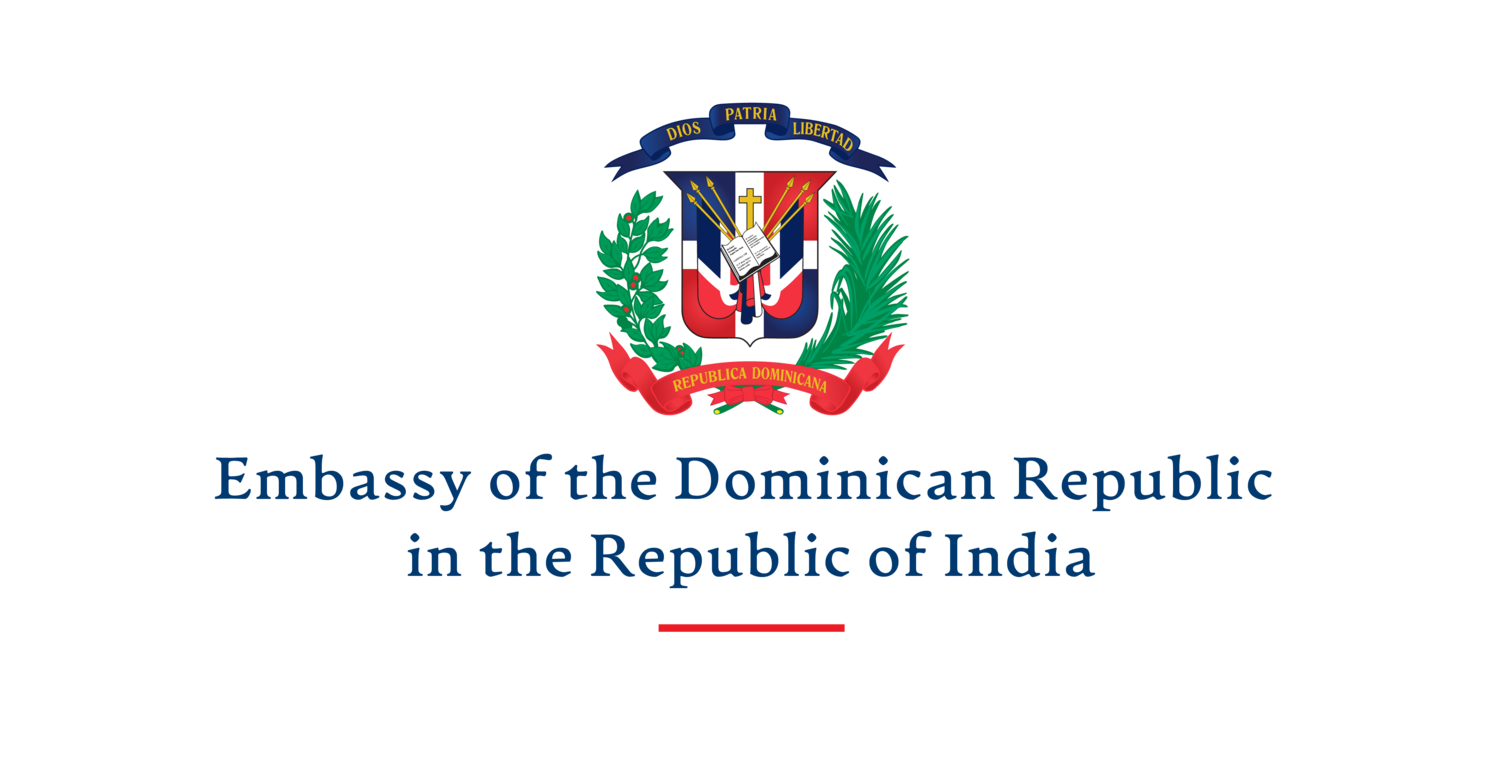Nana; a documentary about Dominican live-in nannies by Tatiana Fernández Geara
Nana is a documentary film that follows three Dominican women who work as live-in nannies. Leidy, Fina and Clara have left behind their small towns in the rural countryside and now live in big cities where they are paid to take care of the kids of well to do families. As we become acquainted with them and we listen to their stories, we understand how each navigates between those worlds. Joy and sorrow, attachment and separation, hope and dreams constitute the emotional landscape of their bitter sweet journeys.
In the past decade, the growing interest of dominican creators to explore social issues through film has translated in a mini boom of the documentary form. Riding on the expansion of a developing film industry, exciting ideas have seen the light, taking advantage of a newly established support system for film productions. First feature-length project directed by the photojournalist and documentary filmmaker Tatiana Fernández Geara, Nana is part of that wave.
After its premiere at the Havana Film Festival in 2015, it was widely presented in the international festival circuit. Part of its global appeal lies in the fact that it tackles an easily recognizable reality. Dominican nannies. Philippines maids in the Gulf. Latin american domestic helpers in Spain. Places of origin, paths and destinations might vary but the struggles and the experiences are similar.
All over the world, women who migrate for work have to rely on family support systems and come to terms with disrupted experiences of motherhood. In the case of the live-in nannies of Tatiana’s film, the attachment of Leidy, Fina and Clara to the children they care for, complicates even more the emotional equation. As Tatiana Geara puts it: “Nana goes deep into the conflicts faced by live-in nannies. In a love chain, where mother figures are substituted and duplicated, bonds grow strong between kids and their nannies, and between the nannies’ children and the grandmothers or aunts who care for them. It asks the question: Is there just one way of defining motherly love?”.
We invite you to see this very intimate and honest portrayal of Dominican live-in nannies. One that, in the end, speaks about love in many directions.
Tatiana Fernández is currently finishing postproduction for her second feature, Santo Domingo Waltz (2021) winner of the FONPROCINE 2017 grant and the 2020 Su Mirada Award (IFF Panama). To know more about her photojournalist work and her films, you can visit her site: tatiana.com.do/



